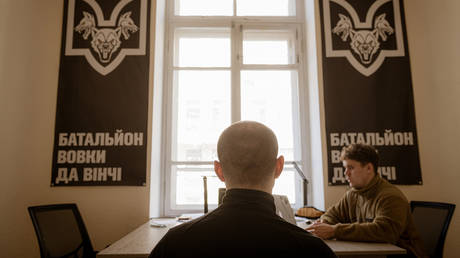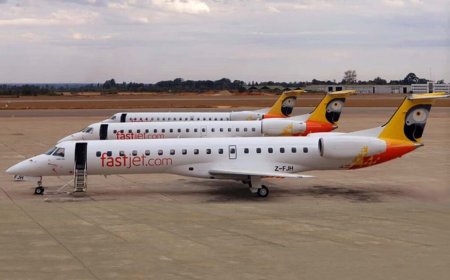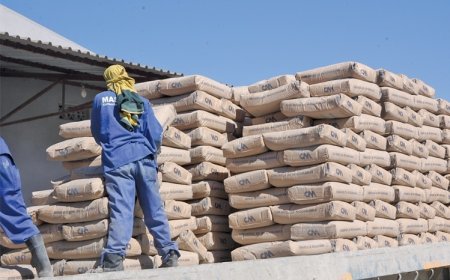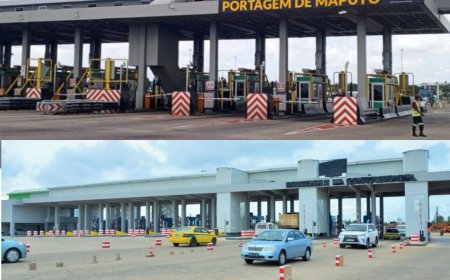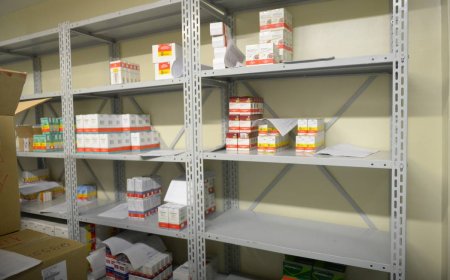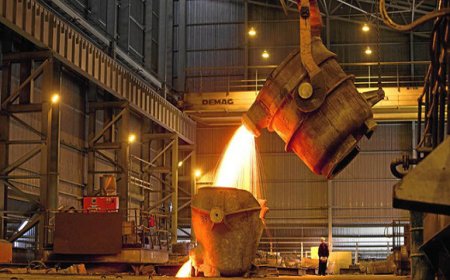EU grants additional €20 million to rwandan forces in Mozambique’s Cabo Delgado
The European Union (EU) announced today in Brussels an additional €20 million in funding for Rwanda Defence Forces (RDF) deployed in Mozambique's Cabo Delgado province. The support, allocated through the European Peace Facility (EPF), aims to enhance the operational capacity of Rwandan troops combating terrorism in the region, which has faced insurgent violence linked to Islamic State-affiliated groups since 2017.
This new funding builds on the €20 million granted in December 2022 to sustain Rwanda's military deployment. The EU has described the intervention, initiated in July 2021 at the request of the Mozambican government, as pivotal in curbing the insurgency, enabling the return of displaced populations, and securing critical economic activities in Cabo Delgado, home to vast natural gas reserves.
Mozambique's Foreign Affairs and Cooperation Minister, Verónica Macamo, is in Brussels to mark the announcement and to reiterate Mozambique’s commitment to international partnerships in combating regional instability.
Despite its strategic significance, the EU’s financial support has drawn criticism. Some detractors claim the funding aligns with a purported “Minerals-for-Security Pact” between the EU and Rwanda, allegedly ensuring access to critical minerals needed for European industries, including electric vehicles and semiconductors. These accusations have fueled concerns over Rwanda’s involvement in conflicts in the Democratic Republic of Congo (DRC) and raised questions about its broader role in Cabo Delgado.
Analysts argue that Rwanda's military presence may serve as a proxy for European interests in Africa, particularly in shielding EU nations from direct involvement in resource-rich but volatile regions. France, for instance, faces scrutiny for its vested interests in Cabo Delgado, where its energy giant, TotalEnergies, oversees multibillion-dollar liquefied natural gas (LNG) projects.
The timing of Rwanda’s deployment in Cabo Delgado coincides with the discovery of significant mineral and natural gas reserves, intensifying suspicions of external influence. Critics suggest that Rwandan forces, while combating terrorism, also protect key resource assets critical to European economies.
In June, Bloomberg reported that the EU was considering a €40 million package to support Rwanda’s counterterrorism operations in Mozambique. EU Commissioner for International Partnerships, Jutta Urpilainen, confirmed that an additional funding request was under review, underscoring Europe’s commitment to stabilizing the region.
While the EU continues to back efforts to stabilize Cabo Delgado, questions linger about the true objectives of its support. Observers contend that the deployment of Rwandan forces serves a dual purpose: addressing regional security concerns and safeguarding European access to strategic resources.
As the EU bolsters its financial and logistical backing, debates around transparency and the geopolitical motivations underlying its partnerships remain central to discussions about the long-term implications of foreign involvement in Mozambique and the broader Great Lakes region.







